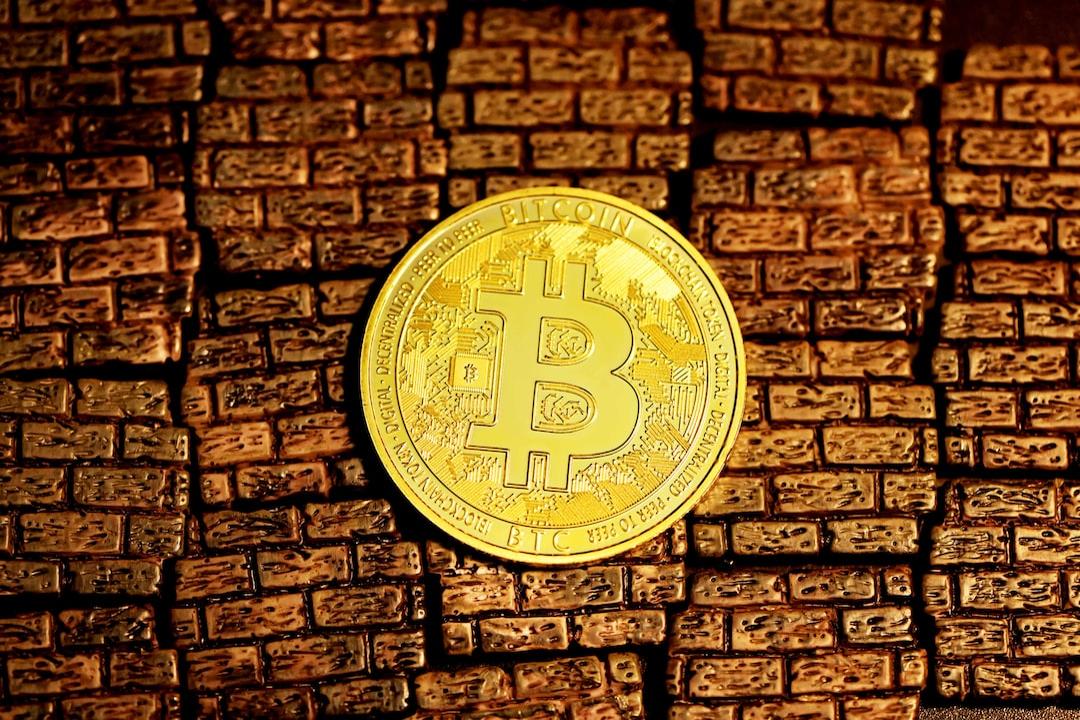Some of the individuals who have owed money for a decade were early adopters of BTC, which suggests that concerns about a massive sell-off may have been overstated. The dark shadow cast over the cryptocurrency markets is due to the haunting memory of a crypto exchange that collapsed over a decade ago. Mt. Gox, once a dominant force in handling over 70% of the world’s Bitcoin transactions, met its demise when up to 850,000 BTC was stolen in daring hacks.
The ill-fated Japanese trading platform filed for bankruptcy in 2014, leaving its users, many of whom were pioneers in adopting Bitcoin, unpaid to this day. This is partly due to the meticulous efforts to recover some of the stolen cryptocurrency. Approximately 142,000 BTC has been retrieved and is slated for distribution to creditors.
Although this means that victims will not be fully compensated, they can take solace in the fact that Bitcoin’s value has significantly increased over the past decade. In dollar terms, they will still profit from their investment, albeit not as lucratively as they initially envisioned. Additionally, the BTC hard fork in 2017 entitles them to a portion of Bitcoin Cash.
Creditors are expected to receive compensation by October, putting an end to a protracted saga marked by repeated delays. However, the progress of this process and the apprehensions it stirs among certain analysts raise questions about its implications.
Mt. Gox customers have been sharing updates on their claim status through a dedicated subreddit, with some accounts receiving lump-sum repayments in cash while others are informed about the BTC and BCH they are entitled to receive. Concerns have been raised that the 142,000 BTC recovery could exert downward pressure on prices as recipients may sell their cryptocurrency for fiat currency.
Despite these concerns, the Mt. Gox Investment Fund, the largest creditor, has stated its intention to retain the Bitcoin it receives. The staggered nature of the transactions, coupled with Bitcoin’s robust daily trading volumes, suggests that the market can absorb any potential selling pressure. Nonetheless, the mere announcement of payouts could unsettle traders.
Many of the creditors who are set to receive compensation were early believers in Bitcoin, well before it gained mainstream acceptance. A recent poll on the Mt. Gox subreddit revealed that a majority of creditors intend to hold onto their digital assets rather than sell them immediately.
The end of Mt. Gox signifies the largest cryptocurrency theft in dollar terms, with the identities of most individuals involved in the hack still unknown. While the current crypto market landscape differs significantly from that of 2014 when Mt. Gox went bankrupt, similar incidents of exchanges collapsing and leaving creditors in limbo continue to occur. Despite these challenges, the rise in cryptocurrency valuations could potentially result in higher compensation for affected individuals awaiting resolution.

